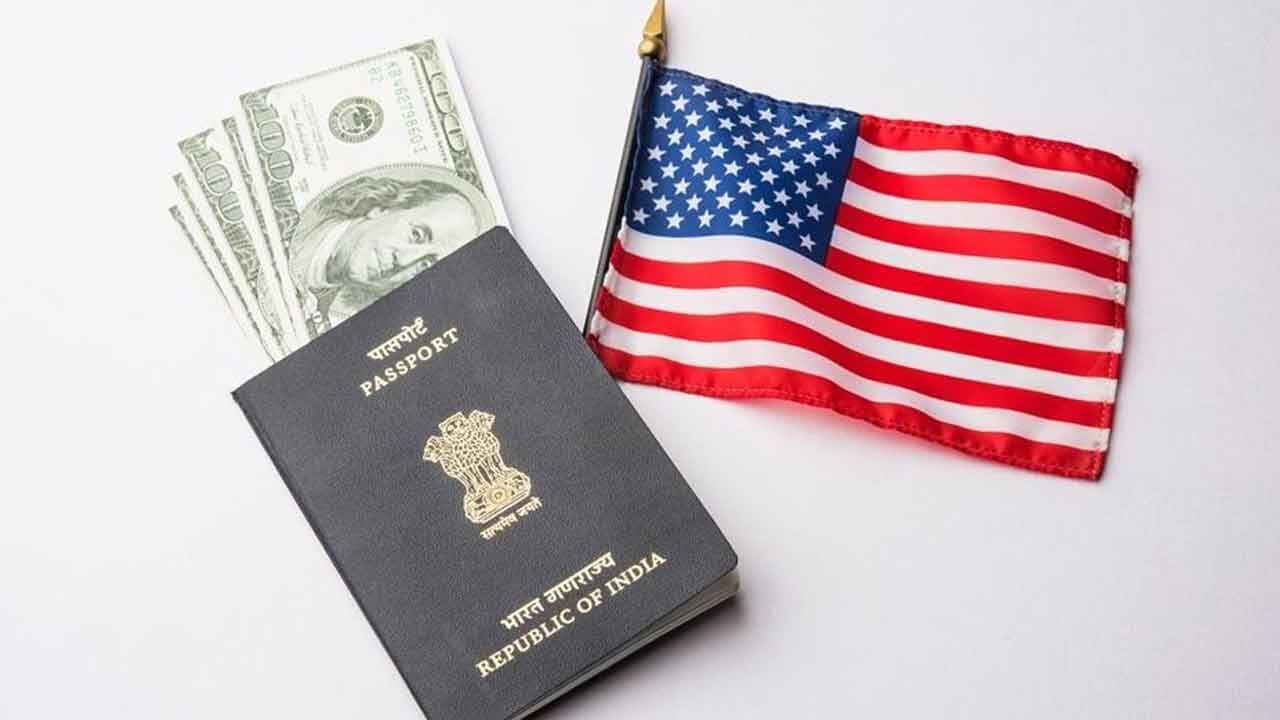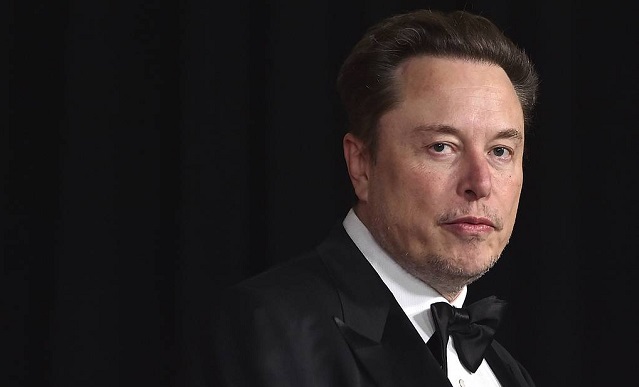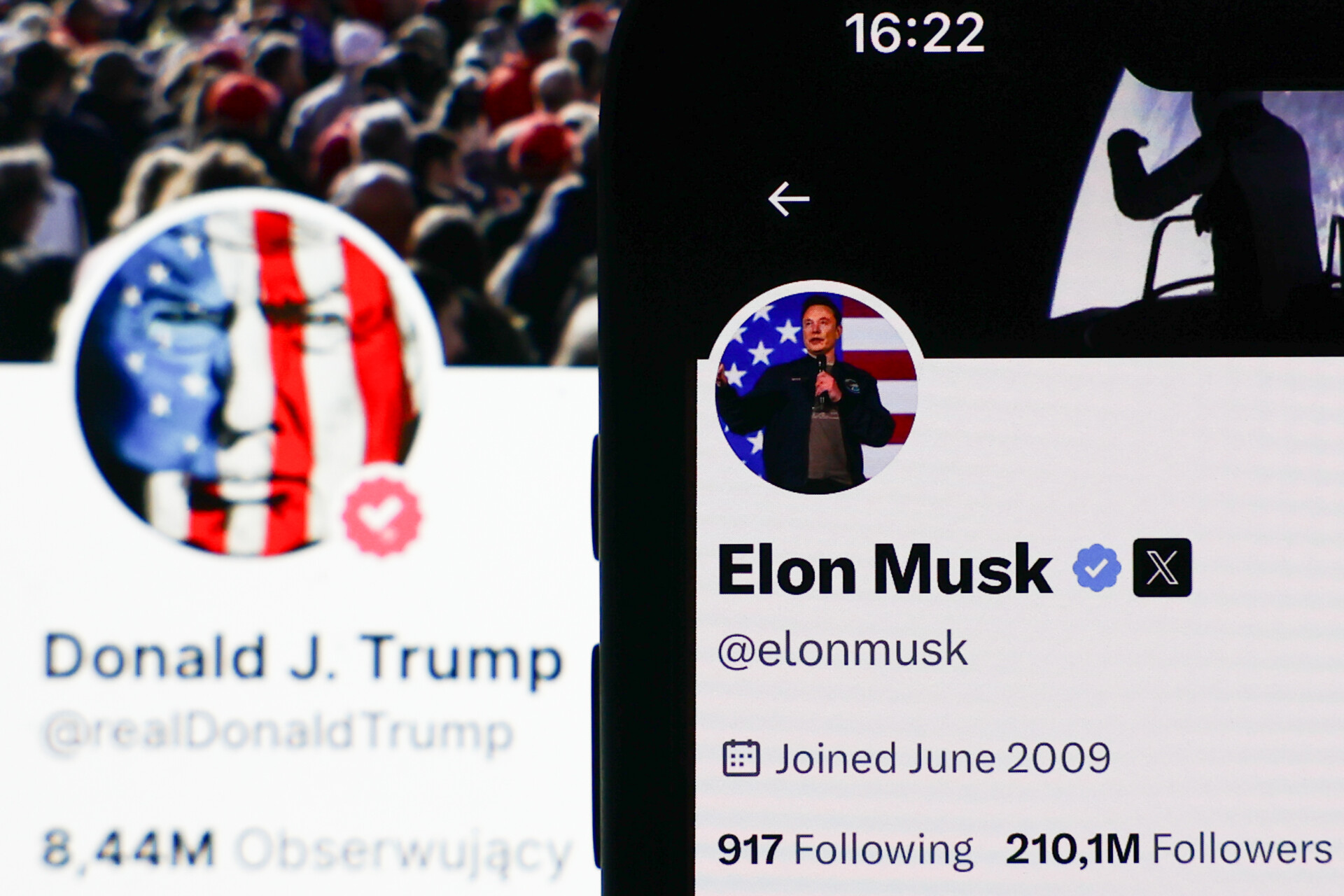










As the U.S. presidential election approaches, tensions within the MAGA coalition are coming to a head, particularly regarding immigration policy and the influence of tech oligarchs like Elon Musk and Vivek Ramaswamy. Just weeks before President-elect Donald Trump's anticipated return to the White House on January 20, 2025, Musk's recent social media activity has raised eyebrows among Trump supporters. He publicly undermined a GOP spending bill, complicating the party's plans and igniting feelings of betrayal among the MAGA base [c9ebf3fe].
Ramaswamy, a prominent figure in the tech industry, has also stirred controversy with his comments on H-1B visas, suggesting that a cultural shift is necessary for America to compete globally. His reference to a 'Sputnik moment' in relation to American culture has angered many within the MAGA movement who prioritize strict immigration policies [c9ebf3fe]. This growing divide between less-educated working-class voters and the tech elite raises critical questions about whose interests government policy should serve, especially as many in the MAGA base feel increasingly alienated by the tech industry's influence [c9ebf3fe].
The ongoing U.S. presidential election is not just a national affair; it has significant global ramifications, particularly regarding immigration policy. Trump's campaign, rooted in the slogans 'Make America Great Again' and 'America First,' has sparked a divide within the MAGA movement, especially concerning immigration. His hardline stance resonates with voters who fear competition from foreign workers, reflecting a broader anxiety about job security and economic stability [a1945f5a].
Recent developments have seen Sriram Krishnan appointed as a senior policy adviser for AI on December 20, 2024. This appointment has ignited tensions between Trump advisers, notably Elon Musk and Vivek Ramaswamy, and hard-line immigration supporters like Laura Loomer, who criticized Krishnan's support for removing green card caps [486529ae]. Loomer and Musk recently engaged in an online dispute over H-1B visas, further highlighting the divide between Trump's base and the billionaire class [248591af]. Over 70% of H-1B visas since 2015 have been allocated to Indian nationals, leading to debates about the implications of such policies on American jobs [486529ae].
A recent analysis by the American Enterprise Institute underscores the importance of skilled immigrants for economic growth, revealing that immigrants have generated 30% of U.S. innovation since 1976. The study emphasizes that immigrant inventors file more patents and create more valuable innovations, suggesting that increasing the number of skilled immigrants could significantly boost the economy [5dd50047]. In fact, a National Bureau of Economic Research (NBER) paper found that for every 10% increase in foreign Master’s students, startup creation rises by 0.4 [5dd50047]. This data highlights the critical role that U.S. universities play in attracting global talent, which is essential for fostering innovation.
The annual cap for H-1B visas stands at 65,000, with an additional 20,000 for holders of master's degrees. In 2023 alone, over 140,000 visas were issued to Indian students, highlighting the significant role of Indian immigrants in the U.S. economy [486529ae]. Approximately 72% of Indian immigrants in the U.S. are university graduates, and they lead 25% of Silicon Valley startups. This has led to a faction within the MAGA movement that supports attracting Indian talent to bolster U.S. greatness, while another faction, influenced by white-nationalist sentiments, opposes all immigration [e8bdf440].
Critics of the H-1B expansion warn that it could lead to job competition and wage suppression for American workers, raising questions about the economic implications of relying on foreign labor. This debate is particularly relevant as tighter U.S. immigration policies could inadvertently benefit countries like India, which may see an influx of talent as American companies seek skilled workers abroad [a1945f5a].
The divide within the MAGA movement reflects a broader question about the direction of U.S. economic policy. Some advocates call for investing in domestic workforce development rather than increasing reliance on foreign labor, emphasizing the need to strengthen the American labor market [a1945f5a].
Arizona, in particular, is experiencing changes due to the Biden administration's Chips Act, which has led to TSMC and Intel building fabs in the state. However, Arizona faces a skills gap in engineering, prompting Arizona State University to increase its engineering program to address this need [248591af]. As the Republican Party navigates its identity amidst these tensions, Musk's recent criticisms of the MAGA faction and his support for immigration policies that attract skilled labor highlight the complexities of balancing economic growth with community values. The internal conflict within the GOP regarding immigration policy is indicative of a party grappling with its future direction in a rapidly changing economic landscape [3c3aa7f5].
Shashi Tharoor, an Indian MP, has also weighed in on this debate, advocating for the recognition of global talent and suggesting that the U.S. could benefit from outsourcing innovation to India. This perspective underscores the ongoing tensions within the MAGA movement as it confronts the realities of a globalized economy [e8bdf440].
The controversy surrounding immigration policy also reflects anxieties over Indian American appointments in Trump's Cabinet, as many in the nativist community criticize the H-1B program. While some Republicans favor merit-based immigration, the influence of Musk and Trump's allies on immigration policy remains significant, especially as Musk has engaged with antisemitic posts on social media [486529ae]. Furthermore, discussions around visa reform, including proposals for visa auctions, are gaining traction as a means to improve immigration efficiency and better align skilled immigration with economic needs [5dd50047].
The debate over U.S. visas and foreign workers has revealed deeper divisions among Trump's MAGA supporters regarding immigration policy. While Elon Musk advocates for easing H-1B visa restrictions, Steve Bannon criticizes the H-1B program as a 'total and complete scam,' reflecting a broader struggle for influence within Trumpism [558b6975]. Musk has pledged to 'go to war' over visa issues, indicating the intensity of these internal conflicts [558b6975]. This conflict could reshape immigration policy, as Trump's stance has shifted from restricting H-1B visas to advocating for more skilled workers. The potential for a compromise between nationalists and tech executives raises concerns over Trump's transactional nature, which may lead to compromises between these factions [558b6975]. The broader implications of economic protectionism and its impact on immigration and global capitalism are becoming increasingly apparent as the MAGA movement navigates these complex issues [558b6975].
The re-election of Donald Trump has intensified the H-1B visa debate, with his supporters criticizing the program for harming American wages while tech leaders like Musk advocate for its reform. Steven V. Roberts argues that immigrants, including Musk, who utilized the H-1B program, are assets to America, contributing significantly to various sectors and fueling economic growth. The American Immigration Council highlights five benefits of the H-1B program, including filling employment gaps and boosting economic growth. The article emphasizes that the U.S. needs more immigrants to sustain economic growth, reflecting a shift in Trump's perspective on immigration [d3684392].
In a recent statement, NASSCOM emphasized the critical role of H-1B visas in filling essential skills gaps within the U.S. economy. Vice President Shivendra Singh refuted common myths that H-1B workers are merely cheap labor or that they replace American workers. Singh stated that H-1B visas are a trade issue, not an immigration issue, and highlighted that Indian companies have invested $1.1 billion in local upskilling in the U.S. despite concerns over President Trump's policies. Singh believes that technology will be a key driver of U.S. economic growth, reinforcing the notion that H-1B visas are essential for addressing the skills gap in the U.S. [f6a7290c].
Daron Acemoglu, a 2024 Nobel laureate, has also weighed in on this debate, arguing that while high-skill immigration can help address labor shortages, it may also reduce the pressure on the U.S. education system to produce skilled workers. Critics like Acemoglu express concerns about the potential for brain drain from source countries and the need for knowledge sharing and intellectual property protections to ensure win-win scenarios [9ea60fd3].